Physics
Sign up for our newsletter
We summarize the week's scientific breakthroughs every Thursday.
-
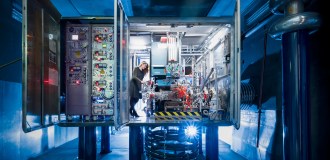 Chemistry
ChemistryExtreme elements push the boundaries of the periodic table
The hunt for the next elements on the periodic table might turn up superheavy atoms that flaunt the rules of chemistry.
-
 Science & Society
Science & SocietyScientists set sail for the elusive island of stability
Editor in Chief Nancy Shute discusses the search for the island of stability and the future of the periodic table.
By Nancy Shute -
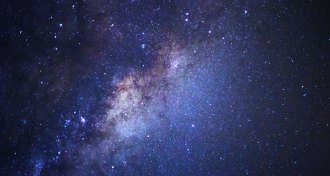 Physics
PhysicsSupernovas show the universe expands at the same rate in all directions
Analyzing supernovas indicates that expansion rates agree within 1 percent across large regions of sky.
-
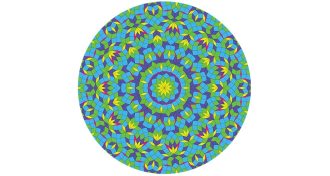 Physics
PhysicsThe quest for quasicrystals is a physics adventure tale
In ‘The Second Kind of Impossible,’ physicist Paul Steinhardt recounts his journey to find quasicrystals in nature.
-
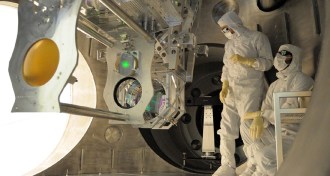 Quantum Physics
Quantum PhysicsLIGO will be getting a quantum upgrade
Quantum squeezing of light will help scientists make better gravitational wave detectors.
-
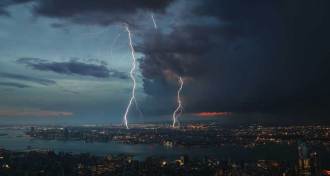 Earth
EarthMuons reveal the whopping voltages inside a thunderstorm
Particle physics sheds new light on the electric potential of thunderstorms.
-
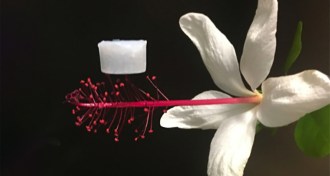 Materials Science
Materials ScienceA new insulation material is practically weightless yet still durable
Extreme heat and temperature swings are no match for this lightweight insulator.
-
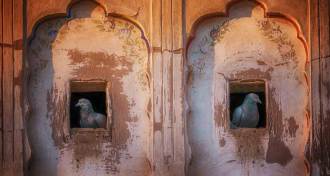 Quantum Physics
Quantum PhysicsPhotons reveal a weird effect called the quantum pigeonhole paradox
Quantum particles seem to disobey a fundamental principle of mathematics.
-
 Materials Science
Materials ScienceA new fabric becomes more breathable as you work up a sweat
A yarn-based textile can switch from breathable to insulating and back again, depending on how much you sweat.
-
 Physics
PhysicsLaser light can contain intricate, beautiful fractals
Fractals show up in cauliflower, seashells and now — lasers.
-
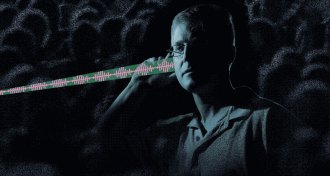 Physics
PhysicsLasers could send messages right to a listener’s ear
Communication in noisy environments or dangerous situations could one day rely on lasers.
-
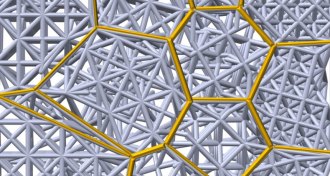 Materials Science
Materials ScienceBeing messy on the inside keeps metamaterials from folding under stress
Inspiration from disordered arrangements of atoms in crystalline metals may lead to longer-lasting, next-gen materials.